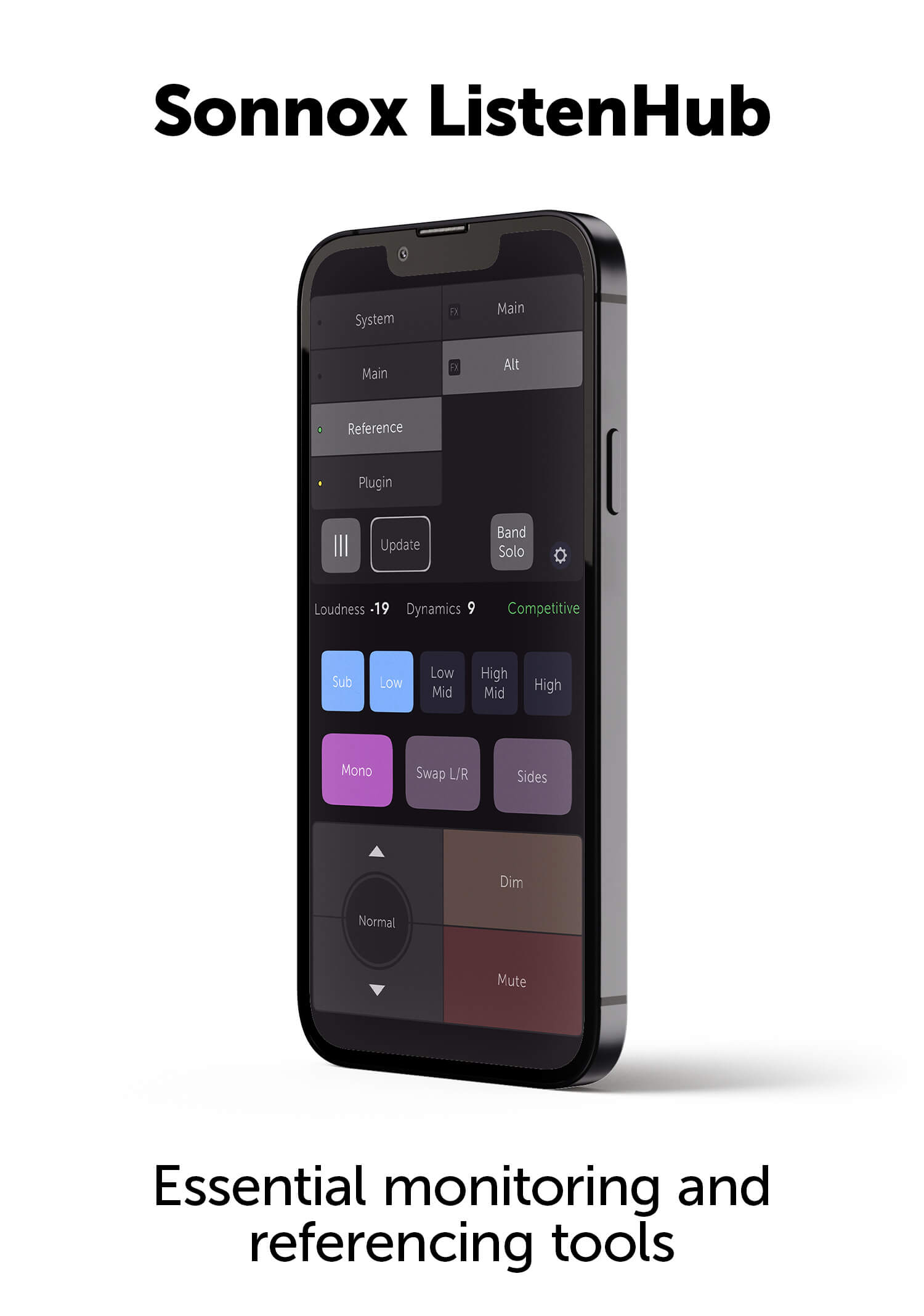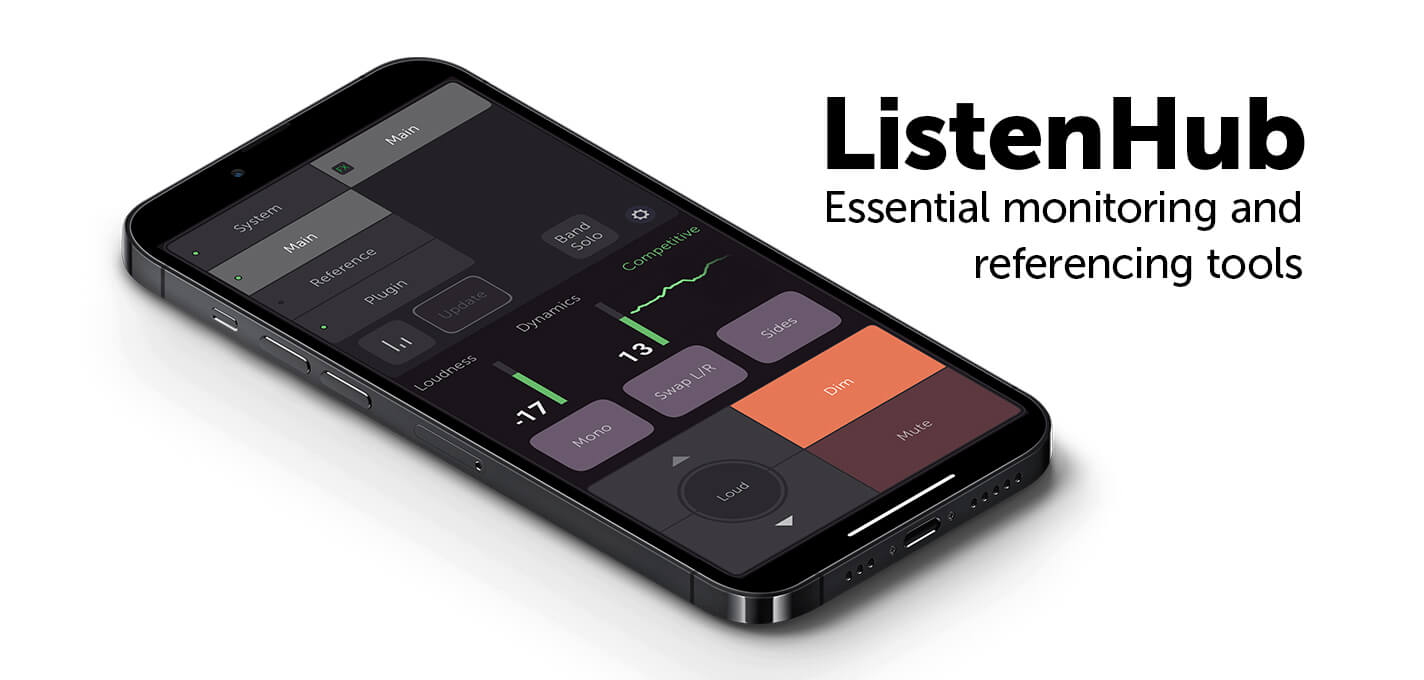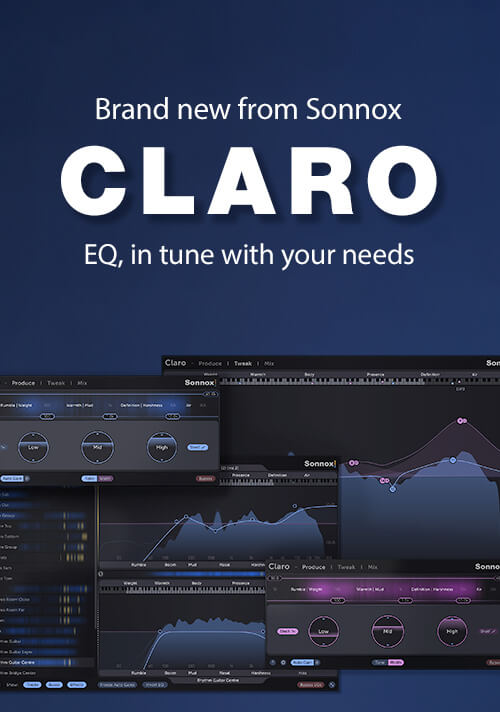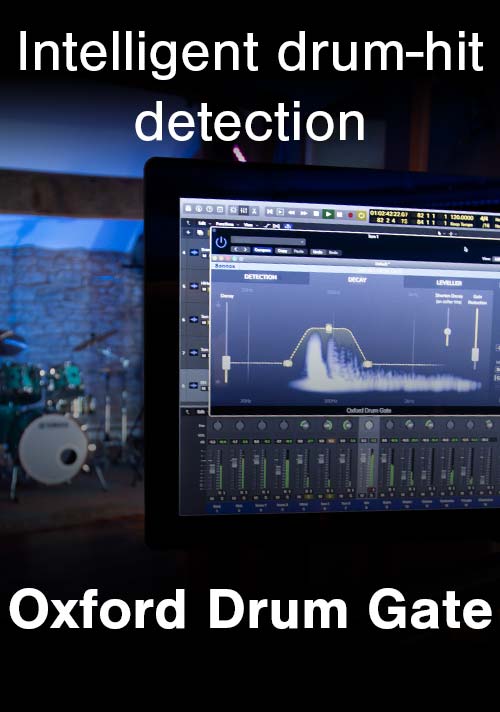Maor Appelbaum
Maor Appelbaum - Mastering For iTunes
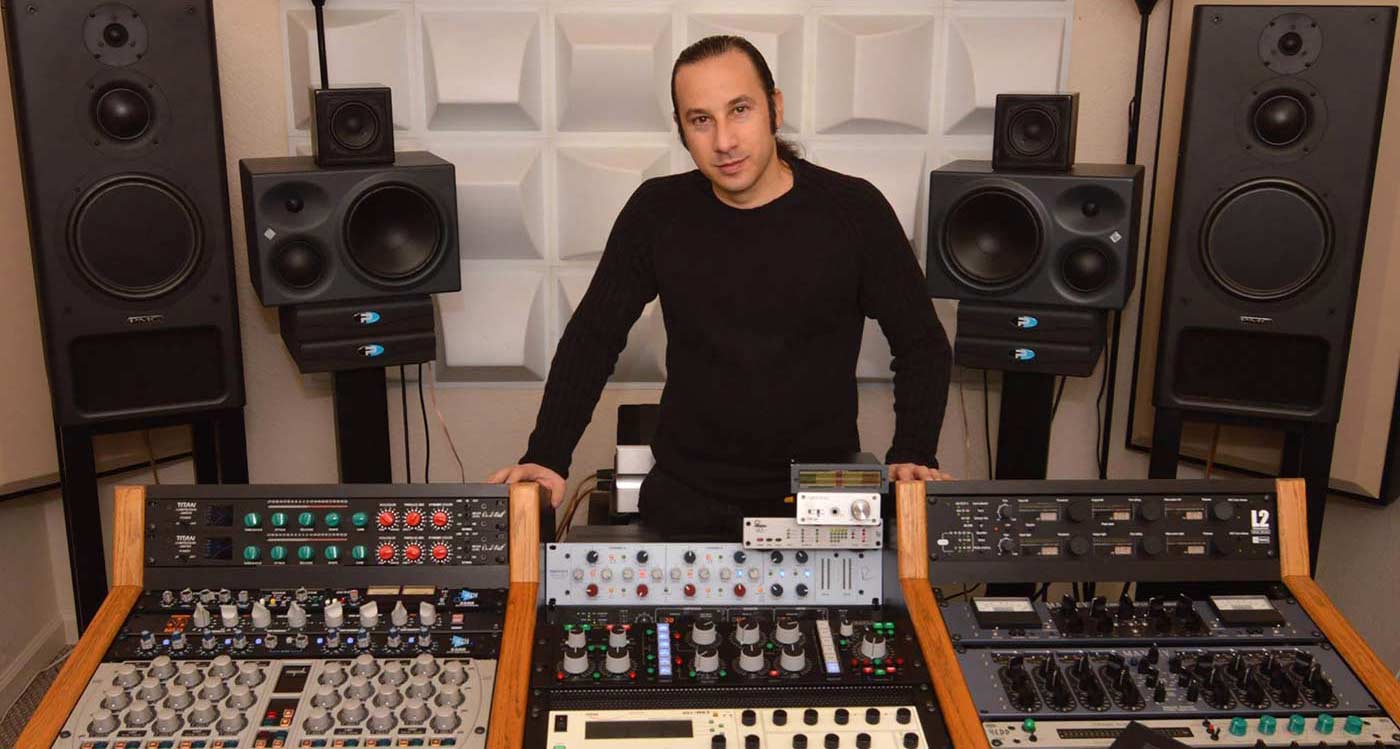
As owner of Maor Appelbaum Mastering in Los Angeles, Israeli-born Maor Appelbaum has built a diverse international client base. With a background as a mixing, recording and mastering engineer for producer/writer/artist Sylvia Massey (System of a Down, Johnny Cash, Red Hot Chili Peppers), Appelbaum's current credit list runs the gamut from Faith No More, Limp Bizkit and Sepultura to Eric Gales and Yes. We asked Maor to talk about his fully equipped mastering studio and his recent experience with the Sonnox Pro-Codec.
Tell us about your current studio.
I like the hybrid approach of combining analog and digital hardware and software. I use a Maselec mastering console, PMC IB1 monitors, Bryston power amps and a variety of outboard gear, converters and plug-ins. I like my room a lot, it's very easy to listen to and the monitors are extremely detailed. Because I work with clients from all over the world, I need to understand their mastering needs based on their music style, type of recording and where they're headed with it. If they want their sound to fit a specific niche or market, I need to communicate with them to achieve that result.
How do you approach such individual projects using a hybrid setup?
I go for what feels right, and what creates a better bond between the listener and the music. I like to enhance the music in a way that connects to the listener, less in a technical way and more in an artistic way. I look for the sweet spot in the sound and I'll use the gear based on what fits - not just because I may have invested $14,000 in a particular EQ. Certain things work especially well in analog, and others work better in actual digital hardware or with a combination of both. And in some cases with plug-ins as well. You just combine them as needed. I'll go with what works, finding the friendship between the gear and the music.
You must see quite a variety of file types?
Absolutely, I get sample rates up to 192kHz. But I also see a lot of 44.1 kHz, 24-bit files, sometimes 48 kHz, 88.1 and 96 kHz. It's all over the place - sometimes even just simple 16-bit files.
How did you learn about Sonnox software?
I first came across Sonnox when I was doing a surround DVD for Halford (Rob Halford of Judas Priest.) I was working in a 5.1 surround room and they had Sonnox EQ, Dynamics, Inflator and Limiter (True Peak Limiter Plugin). I remember using that EQUALIZER
, and liking it very much. It was great to be able to choose from the different types, including the GML. The Sonnox plug-ins sounded really good, I was impressed.
How do you use the Fraunhofer Pro-Codec in your workflow?
I use it to produce 'Mastered for iTunes' and MP3 files for my clients. Basically it's the final stage in my workflow. I want to achieve the best possible sound for the client and make sure they approve of everything. So, in addition to their full resolution files I'll send them the MP3s, in case they want to put them online. I'm saving them that last step which will be better than them doing it on their own.
Do you include the Metadata when Mastering for iTunes?
The Pro-Codec is quite capable of adding all the metadata you need, but generally I leave all that to the aggregator/distributor to avoid any errors. They are the last link in the chain in getting it out to the market, so it's usually best that the final person in the chain applies metadata.
What are some of the reasons you turn to the Pro-Codec?
When Apple certified me for Mastering for iTunes, they explained how to do it with the Apple droplet, command keys and so on. At that point I asked them which codec would be best for this workflow and they recommended the Sonnox Fraunhofer Pro-Codec. I was certified a while ago, and I have used the Pro-Codec ever since.
Also, it's a batch processor, which helps a lot. When you're working on so many files, you want to manage them right, put them in one place, make sure they are all getting the same process. It also helps with naming files; it keeps them the same but adds the extension so nothing gets lost in file management. That's all very important to me, because in addition to the quality, which is excellent, I'm concerned about the workflow. It's very easy to lose a file in a computer. I do separate runs with each format, to make sure everything is right. I do the MP3s and when they are all good, I do the Mastered for iTunes versions. The option for batch processing is extremely helpful.
The quality of audio files output by the Pro-Codec is great. I hear a difference between its conversion and the other built in converters in the DAWs. And, I prefer using Pro Codec for its quality, workflow and file management.
Interview and editorial provided by Rich Tozzoli
